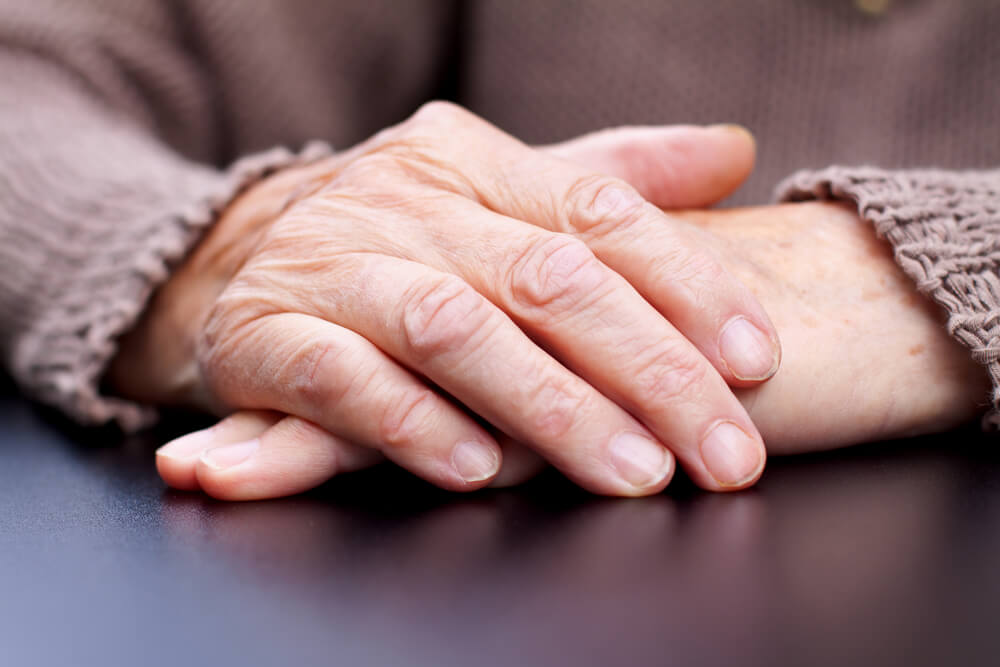Let’s start with the good news. According to a recent report from the Centers for Disease Control that presents a “state of the disease” in the U.S., over the past decade new diabetes cases have actually decreased. That’s with one exception. Among U.S. youth under 20 years of age, newly diagnosed cases of type 1 and type 2 diabetes have significantly increased.1
So, it makes sense that the 2020 National Diabetes Month theme is “Taking care of youth who have diabetes.” The hope is that by raising awareness about this trend, parents, health care professionals, and other caregivers can provide extra support and education to kids of all ages who have diabetes or are at risk for the disease.
The big picture
Lifestyle choices in the U.S. including a lack of exercise and poor dietary choices, continue to drive high numbers of diabetes cases in adults even if that number is decreasing overall.
Here's a snapshot of diabetes in America today:
- 7.2% (23.1 million people) of the U.S. population is diagnosed with diabetes.
- 23.8% (7.2 million people) of people with diabetes haven’t been diagnosed.
- 33.9% (84.1 million people) of adults age 18 or older have prediabetes.
- One in three adults in the U.S. could have diabetes by 2050, if current trends continue. 2,3
Framing the costs
While diabetes shapes millions of American lives, it also has a big impact our nation’s economy. A study in 2017 revealed that the economic cost of diabetes was about 2.1 percent of the U.S. gross domestic product, a massive amount attributable to a single, preventable disease. 4
Take a closer look at the costs of diabetes:
- $327 billion – The cost of diagnosed diabetes cases in the U.S. in 2017.This is a list item
- $1 in $7 – Health care dollars are spent treating diabetes and complications of the disease.
- $16,752 – Average annual medical expenses incurred by people with diagnosed diabetes. Of that, $9,601 is directly attributed to treating diabetes. 5, 6
Focus on COVID-19
A snapshot of the year must include the impact of COVID-19. Because chronic illnesses like diabetes weaken the immune system, people with the disease are more susceptible to contracting the coronavirus. If a person with diabetes does contract the virus, they tend to have a harder time fighting it. That’s why it’s especially important for people with diabetes and those around them to be vigilant about safety practices including:
- Washing hands regularly
- Wearing a mask
- Maintaining social distancing
- Avoiding large gatherings (which is especially important – and particularly difficult – as the holidays approach.)
Mom's Meals® can help
Now more than ever, maintaining a healthy, balanced diet is important for people with diabetes. Mom’s Meals delivers fully prepared, refrigerated diabetes-friendly meals to homes nationwide. Take a look.
Sources:
1. https://www.cdc.gov/diabetes/library/features/diabetes-stat-report.html
2. https://www.cdc.gov/diabetes/pdfs/data/statistics/national-diabetes-statistics-report.pdf
3. https://www.cdc.gov/media/pressrel/2010/r101022.html
4. https://care.diabetesjournals.org/content/42/9/1609
5. https://www.diabetes.org/resources/statistics/cost-diabetes
6. https://care.diabetesjournals.org/content/42/9/1609



